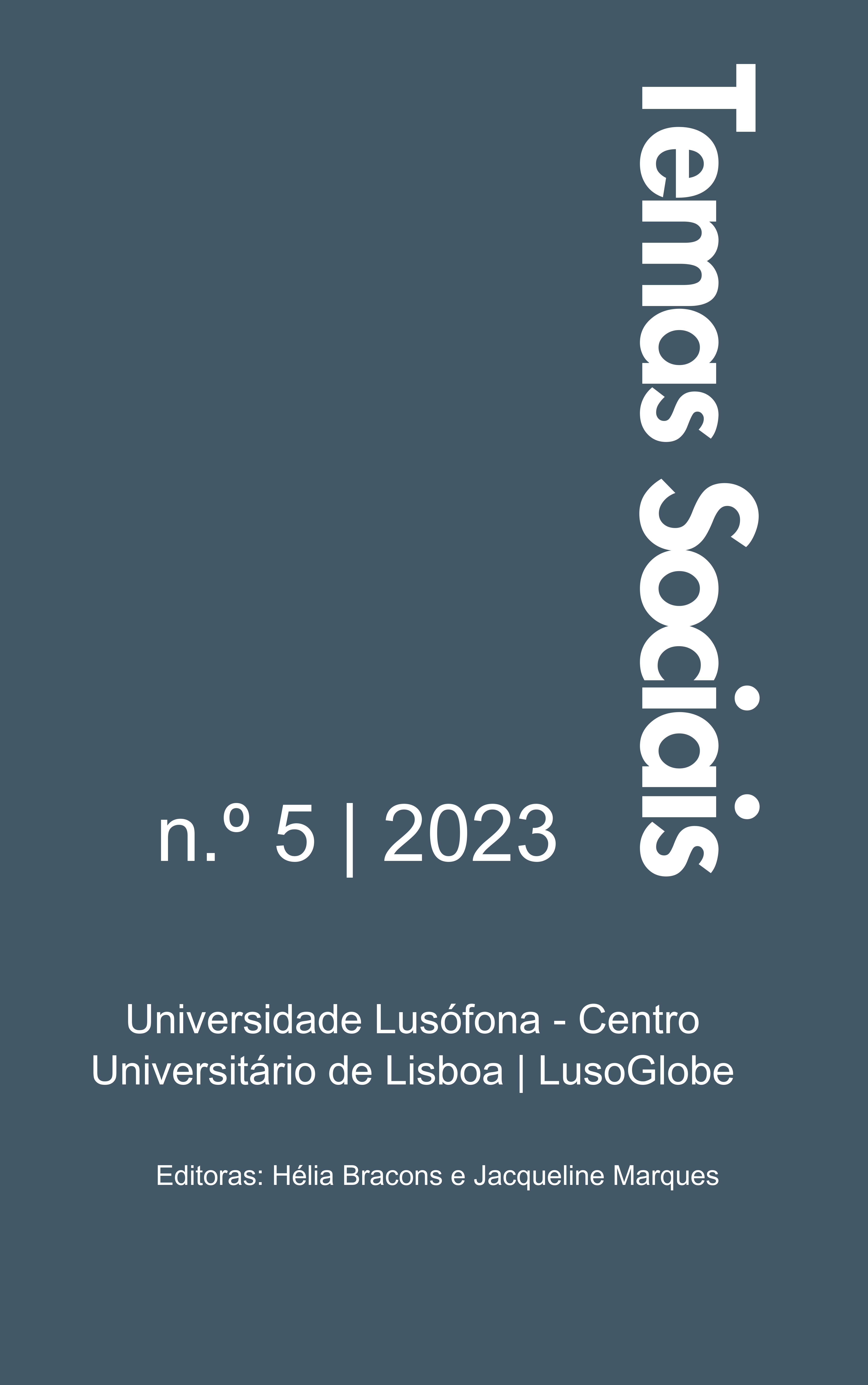IS in Estado Novo Social intervention in favor of vulnerable families and the role of working women in the Estado Novo
https://doi.org/10.53809/TS_ISS_2023_n.5_99-114
Abstract
We approach Mª Leonor Sampaio Botelho (1915-1996), as a social worker, trained at the Institute of Social Service, who went through 4 different political regimes: the end of the 1st Republic and the Military Dictatorship; Salazar period; Marcelist period; and after April 25th. The purpose is to analyze hermeneutically, based on documentary sources and contextualized in time and historical era, her social action. many institutions and bodies. Throughout her intervention, at a time when women's access to society was impeded by the rules of the regime, she fought for the protection of women at work and other modern assistance measures, especially when she was a deputy. He was an uncomfortable voice within the Salazar regime, but, naturally, he never questioned it, despite some disappointments in terms of social policy during the Salazar period.
Downloads
Open Access Policy
Temas Sociais Journal is an open access journal, providing free, immediate and unrestricted access to its contents, with the aim of promoting the circulation of scientific knowledge and academic exchange at national and international levels.
By submitting their manuscripts, authors authorize the publication, dissemination and public communication of their work within the scope of the journal, while retaining full responsibility for the content of the submitted manuscripts.
Copyright
Authors retain copyright over their works and grant Temas Sociais Journal the right to publish, reproduce, disseminate and archive the contents in digital format, in accordance with the journal’s editorial policy and open access principles.
Any reuse of published content must comply with the conditions established by the journal and with applicable copyright legislation.
Code of Ethics and Good Practices
Temas Sociais Journal is committed to the ethical principles of research and scientific publishing, promoting academic integrity, editorial transparency, and equal opportunities in access to knowledge. To this end, it adopts the following Code of Ethics and Good Practices:
-
Submitted manuscripts must be original, unpublished, and of exclusive authorship, and must not have been previously published, disseminated, or submitted to another journal.
-
Authors are responsible for obtaining all necessary permissions for the publication of their work and for properly acknowledging all sources and references used.
-
Research resulting from external funding must ensure, where applicable, authorization for the dissemination of the results.
-
All submitted manuscripts are subject to plagiarism detection, using the tool in force at the Universidade Lusófona – Centro Universitário de Lisboa.
-
Articles are evaluated by external peer reviewers with expertise in the relevant field, under a double-blind peer review system, ensuring the anonymity of both authors and reviewers throughout the process.
-
Research involving human participants must ensure informed consent, strict respect for data confidentiality, and, where applicable, approval by an Ethics Committee.
-
Authorship must reflect exclusively those individuals who have made a significant intellectual contribution to the conception and execution of the research, analysis of results, drafting of the manuscript, and approval of the final version.



